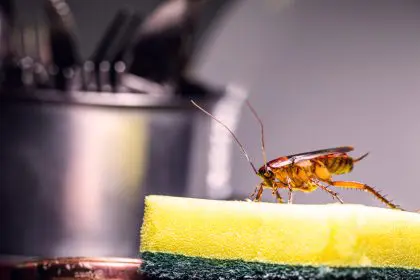Prostate cancer looms as a growing concern for men, and amid evolving research, lifestyle factors, notably diet, have emerged as pivotal influencers in its development and prevention. The intricate connection between diet and prostate cancer is increasingly evident, underscoring the urgency for informed decision-making to potentially mitigate the risk of this prevalent and challenging condition. Recognizing the profound impact of dietary choices on prostate health is not just a matter of knowledge but a proactive step towards fostering overall well-being. In this exploration, we navigate the landscape of nutrients, superfoods, and dietary patterns, seeking to unravel the nuances that empower individuals in their journey to safeguard against prostate cancer. As we embark on this insightful journey, the fusion of emerging research and practical insights aims to illuminate a path towards a prostate-friendly lifestyle, where conscious dietary decisions become a cornerstone in the pursuit of a healthier and more resilient future.
The impact of diet on prostate cancer
As we delve into the realms of prostate health, it’s imperative to recognize the significance of a well-balanced diet. The focus keyword, “prostate cancer,” sets the stage for an exploration into the various dietary elements that may influence its occurrence.
Beginning with the basics
At the core of a prostate-friendly diet are nutrients that promote overall well-being. Essential vitamins and minerals, such as vitamin D, selenium, and zinc, have been linked to prostate health. These nutrients can be found in a variety of foods, including fatty fish, nuts, seeds, and leafy green vegetables.
The Mediterranean diet connection
Recent studies have shed light on the potential benefits of adopting a Mediterranean-style diet in reducing the risk of prostate cancer. Rich in fruits, vegetables, whole grains, and healthy fats, this diet pattern is renowned for its anti-inflammatory properties, which may contribute to a lower incidence of prostate cancer.
Key nutrients and superfoods
Certain nutrients and superfoods stand out in their potential to support prostate health. Lycopene, a powerful antioxidant found in tomatoes, watermelon, and grapefruit, has been linked to a decreased risk of prostate cancer. Additionally, cruciferous vegetables like broccoli and cauliflower contain compounds that may have protective effects against this condition.
Balancing act: Fats and proteins
Maintaining a balance between different types of fats is essential. While saturated fats found in red meat and full-fat dairy may be linked to an increased risk of prostate cancer, incorporating healthy fats from sources like olive oil, avocados, and fatty fish can be beneficial.
Similarly, the type of protein consumed matters. Opting for lean sources of protein, such as poultry, fish, and plant-based proteins like legumes and tofu, can contribute to a prostate-friendly diet.
The role of green tea
A cup of green tea may do more than just soothe your senses; it could also play a role in prostate cancer prevention. Rich in antioxidants and compounds like catechins, green tea has shown promise in research studies for its potential protective effects against prostate cancer.
Practical tips for a prostate-friendly diet:
Making dietary changes need not be overwhelming. Simple adjustments like increasing the intake of fruits, vegetables, and whole grains while reducing red meat consumption can have a positive impact. Regular physical activity is also a crucial component of a healthy lifestyle that supports prostate health.
In navigating the intricate web of factors influencing prostate cancer risk, it becomes evident that diet stands as a modifiable element, offering individuals a proactive means of addressing this health concern. Embracing a lifestyle centered on nutrient-rich foods, the adoption of a Mediterranean-style diet, and the integration of specific superfoods contribute to a comprehensive strategy for promoting prostate health.
However, it is crucial to recognize that while dietary choices wield significant influence, they are just one facet of a broader health paradigm. An all-encompassing approach involves regular exercise and maintaining a healthy weight, reinforcing the idea that true well-being is a synergy of various lifestyle components.
Reducing the risk of prostate cancer is multifaceted. By embracing a proactive stance through dietary adjustments, holistic lifestyle choices, and a commitment to staying informed, individuals can navigate the complexities of prostate health with resilience and empowerment. This integrated approach not only fosters a defense against prostate cancer but also sets the foundation for a healthier and more vibrant life.
This story was created using AI technology.
















